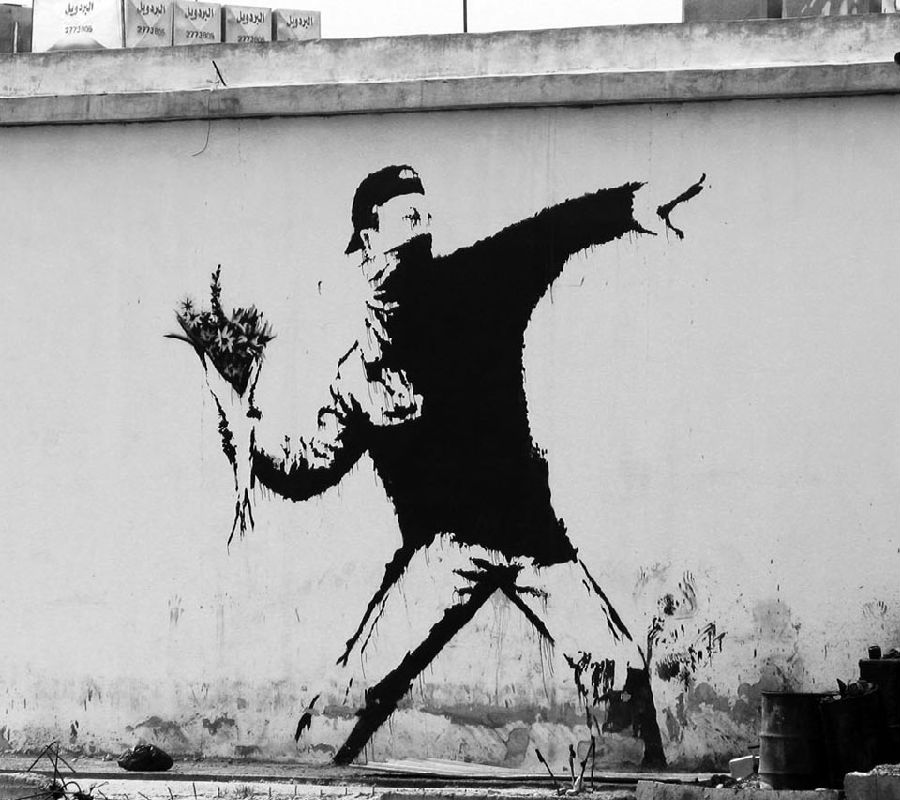下午3点45分,加来
Moore rolls his van onto the ferry. Ninety minutes later, he's in the U.K. again.
摩尔把他的货车开到渡轮上,90分钟后,他又回到英国。
Six floors above him in the port's control tower, Bannister surveys the now packed facilities.
班尼斯特在港口控制塔的六层,查看着现在拥挤不堪的设施。
Customs spaces have filled up at Calais, causing trucks to back up in Dover.
加莱的海关空间已经占满,致使卡车来多佛援助。
A queue of vehicles snakes past the tower, through passport and police checks, before being sorted into 250 lanes lined up in front of six ferry berths.
验过护照,并接受过警方的检查后,一队车辆蜿蜒经过塔楼,然后在六个轮渡停泊处前排成250条车道。
One hundred and fifty trucks and a few passenger cars are waved onto the now empty ferry.
150辆卡车和几辆客车经示意后开上空无一人的渡轮。
One of Bannister's controllers is on the phone to Kent Police, who've activated Phase 1 of Operation Brock, their traffic management plan.
班尼斯特的一名管制员正在给肯特警方打电话,肯特警方已经启动了布洛克行动第一阶段方案,这是他们的交通管理计划。

She tells them to release another 150 freight trucks from a holding area on the A20 road approaching Dover.
她告诉他们从靠近多佛的A20号公路上的一个等候区再放出150辆货车。
After clearing the port, Moore steers past the spot where a Banksy mural once showed an EU flag being chipped away.
离开港口后,摩尔驶过街头涂鸦艺术家班克斯(Banksy)曾经描画的欧盟国旗被毁损的地方。
It's been painted over. By now, traffic going the other direction is backed up into Kent—headlights stretch for miles.
那里已经粉刷过了。到现在为止,从另一个方向行驶的车辆都倒进了开往肯特的方向,车头绵延数英里长。
It's not as bad yet as the worst of the doomsday scenarios; still, he's not looking forward to his next trip.
这还没像世界末日中最糟糕的情景那么坏;不过,他对自己的下一次旅行并不心存期待。
The Express jubilantly declares, "Finally! No deal, no problem."
《快报》兴高采烈地宣布:“终于!没有协议,没有问题了。”
The Mail is more measured, with the tagline "Britain braces for no-deal disruption."
《邮报》则更为谨慎,标题写着“英国做好准备,不会出现无协议的混乱局面”。
He tries the puzzles in the Mirror before turning in, shortly after 11 p.m.
摩尔晚上11点过后不久,在就寝前试着做了《英国镜报》上的智力游戏。



